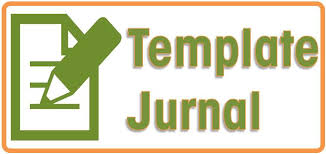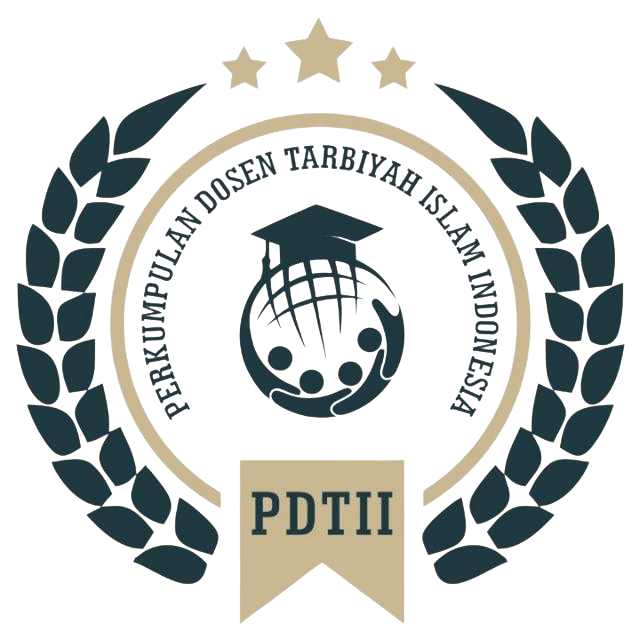THE LIFE SKILLS CURRICULUM AT MA TECHNONATURA IN TERMS OF HARD SKILLS IS BASED ON STEM EDUCATION WHICH REFERS TO 21ST CENTURY SKILLS
Keywords:
Life Skills,, CurriculumAbstract
Madrasah Technonatura is one of the Islamic-based educational institutions that seeks to adopt the historical progress of medieval Islamic civilization, which is the foundation of research at Madrasah Technonatura. The curriculum used in Madrasah TechnoNatura is based on KTSP 2006 content standards coupled with self-developed content standards taken from 21st century skills, which include 4C and 3R. The 4Cs are critical thinking, creativity, collaboration, and communication, while the 3Rs are reading, writing, and arithmetic, with the addition of 1C and 1R, namely Concordance Work and Religion. This research uses descriptive research methods, with researchers carrying out interview activities and using general guidelines about the information needed from key informants who provide informative data according to research needs. The life skills curriculum at MA Technonatura in terms of hard skills is based on STEM education, which refers to 21st century skills with a learning process based on First Global Challenge (FGC), Internet of Things (IoT), IOS Game Development, Smart Ecosystem, Arduino Weather Balloon, and Tissue Culture (Orchid), which is able to foster and develop students' life skills. In the category of soft skills, MA TechnoNatura builds and familiarizes the school culture with the implementation of dhuha prayer, tadarrus, learning Islamic religious lessons in the morning, and praying together.
Downloads
References
Abuddin Nata. (2012). Manajemen Pendidikan: Mengatasi Kelemahan Pendidikan Islam di Indonesia (Cet. V). Jakarta: Kencana Prnada Media Group.
Anwar. (tanpa tahun). Pendidikan Kecakapan Hidup. (h. 29).
Danim. (2007). Visi Baru Sekolah Dari Unit Birokrasi Ke Lembaga Akademik. Jakarta: Bumi Aksara.
Dede Rosyada. (2017). Madrasah dan Profesionalisme Guru Dalam Arus Dinamika Pendidikan Islam di Era Otonomi Daerah. Depok: Kencana.
Hidayanto. (2002). Belajar Keterampilan Berbasis Keterampilan Belajar. Jurnal Pendidikan dan Kebudayaan, 037, 562-574.
Jamal Ma’ruf Asmani. (2013). Kiat Melahirkan Madrasah Unggulan. Jogjakarta: Diva Press.
Jensen, Eric. (2013). Pembelajaran Berbasis Otak (Edisi Kedua). Jakarta: PT Indeks Permata Puri Media.
Kementerian Agama RI. (2005). Pedoman Integrasi Kecakapan Hidup (Life Skills) dalam Pembelajaran. Jakarta: Direktorat Jenderal Kelembagaan Agama Islam.
Rachel Spronken-Smith, Nell Buissink-Smith, Carol Bond, & Gabrielle Grigg. (2015). Graduates' Orientations to Higher Education and their Retrospective Experiences of Teaching and Learning. Teaching & Learning Inquiry: The ISSOTL Journal, 3(2), 55-62. [URL yang tidak valid dihapus]
Susan Pick, Martha Givaudan, & Ype H. Poortinga. (2013). Sexuality and Life Skills Education: a Multistrategy intervention in Mexico. American Psychologist, 68(4), 232. https://doi.org/10.1037/a0032222
UNICEF. (2012). Global evaluation of life skills Education Programmes. New York: United Nations Children’s Fund.
Zainal Arifin. (tanpa tahun). Konsep dan Model Pengembangan Kurikulum. (h. 249).
Zamakhsyari Dhofier. (2011). Tradisi pesantren (Cet. VII, Ed. 8). Jakarta: LPEES.
https://www.learnupon.com/blog/whole-brain-thinking/







